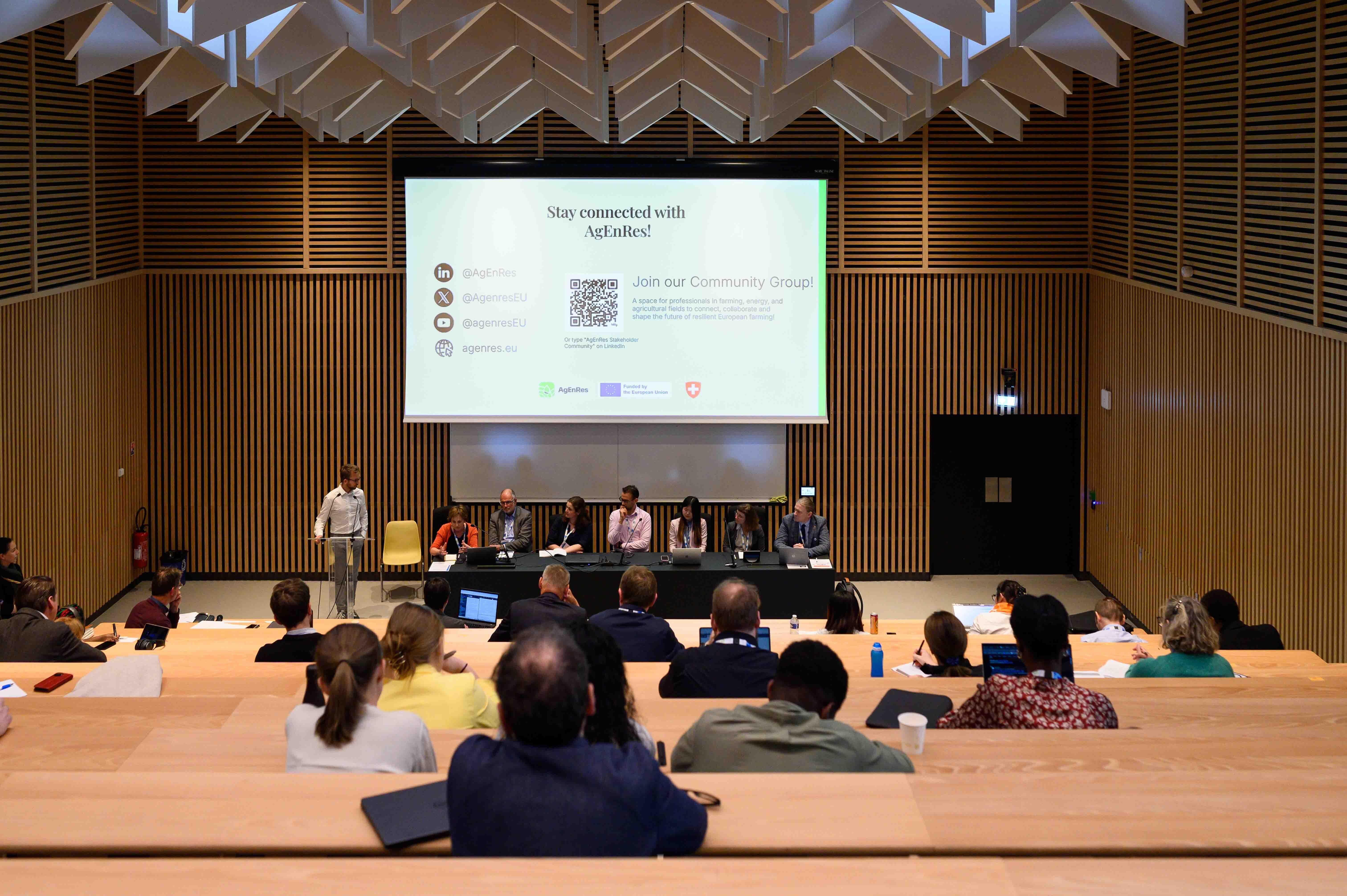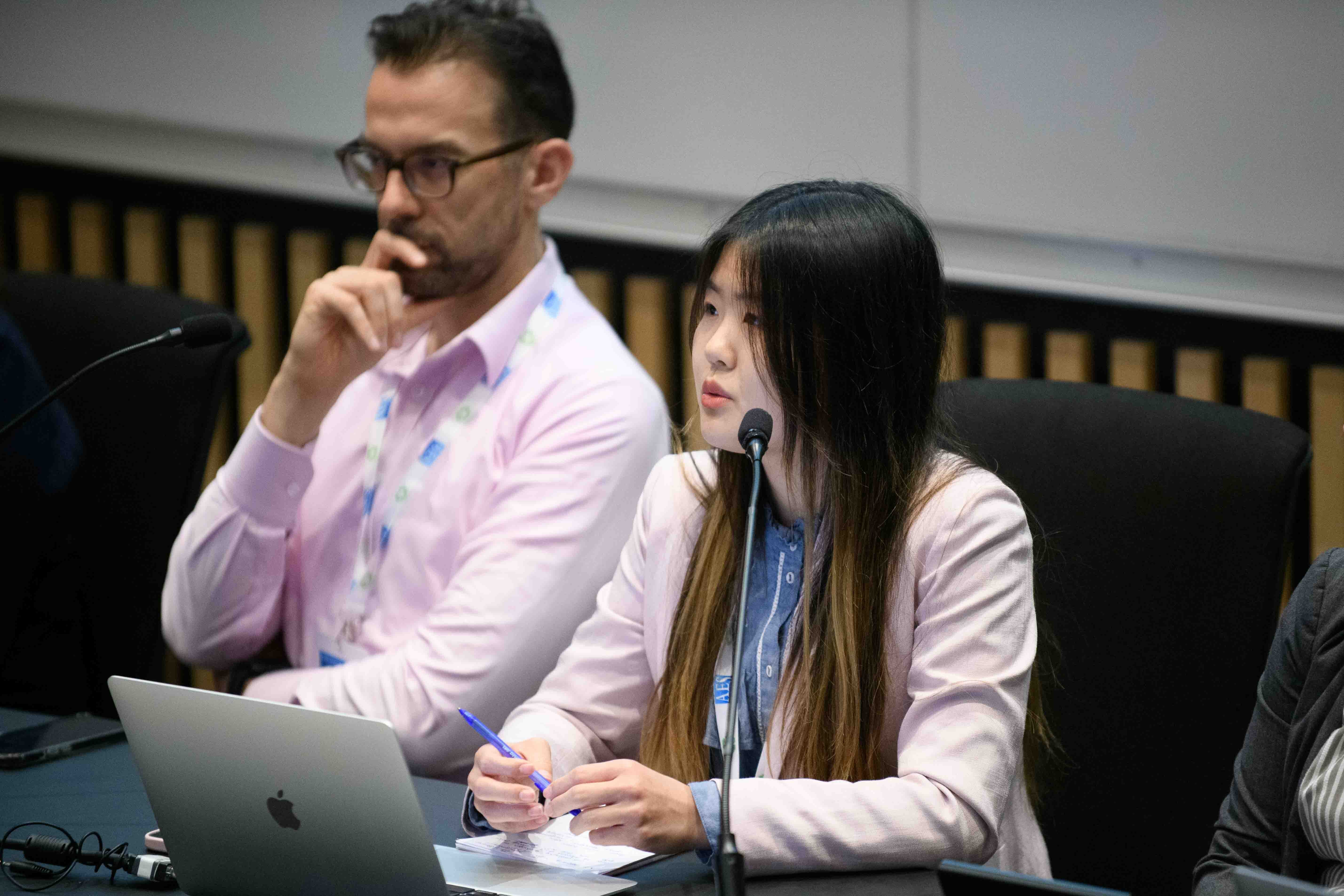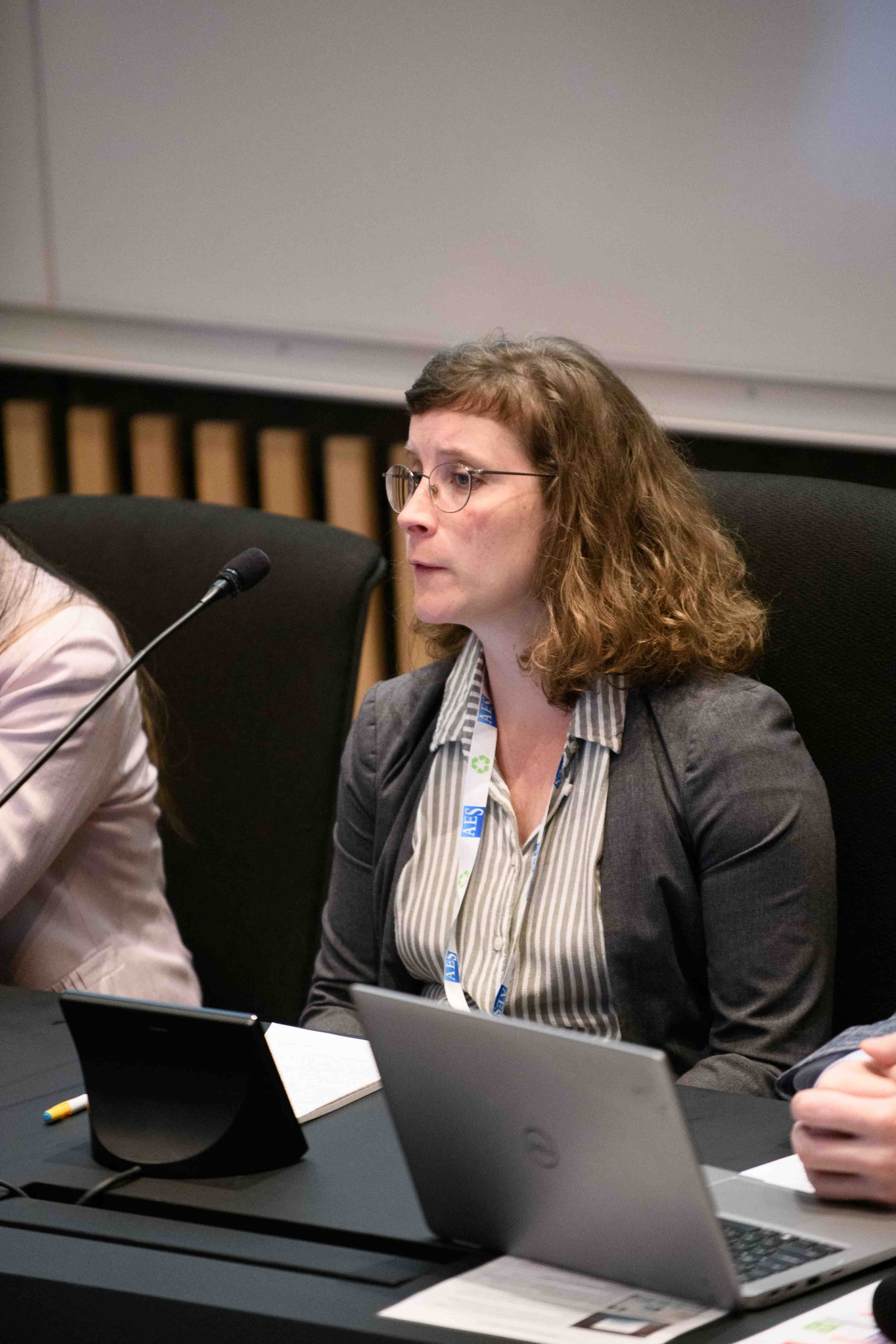What’s Holding Back Energy Resilience in European Agriculture?
Part 1 of Our “Securing European Agriculture” Session Insights - Last
April, AgEnRes hosted a special session at the 99th AES Annual Conference. Under the title “Securing European
Agriculture: From Cost Stability to Energy Freedom”, this discussion brought together experts in diverse
fields to tackle the challenge of energy resilience, with the first block of discussions focusing on barriers to
overcome this challenge.

Q1: What are the main economic and financial barriers to reducing agriculture’s dependence on fossil fuels?
Kexin (Coco) Wang, from Wageningen University, began the discussion, highlighting that farmers’ willingness to adopt more energy-independent production is associated with their risk preference (or economic behaviour). For instance, if farmers regard adopting new technology as a risky decision, then their attitudes towards risk will, of course, play a role in hindering fossil fuel independence.
“There’s a clear barrier when it comes to the availability and adoption of new technologies and management practices,” she explained, “but what often holds farmers back is risk attitude—especially when investments are required up front.”
She cited examples like precision agriculture tools and biogas production units, which promise long-term gains but are frequently viewed as too uncertain or capital-intensive in the short term. She built on this, pointing to the complex risk behaviours that emerged in 2022, a year marked by volatility in both input and output prices.
“Yes, energy and fertiliser costs rose sharply,” she noted, “but output prices rose too—creating mixed signals of uncertainty for farmers. With margins staying the same or even increasing in some cases, many farmers did not see the need for new investments.”

Kexin “Coco” Wang (Wageningen University)
Q2: Are these decisions the same across Europe?
The panel discussed the large disparities in Nutrient Use Efficiency (NUE) between EU countries. Laura Moritz, from the University of Trento, explained that these differences aren’t just technical. They reflect deeper systemic issues:
“Some farms rely more heavily on mineral fertilisers; others have access to organic alternatives. Advisory services, policy incentives, and market access all play a role.”
She stressed the need for context-specific solutions, warning against top-down mandates that ignore regional realities: “What works in Denmark might not work in Bulgaria—and vice versa.”
The picture that emerged was one of uneven capacity and complex behavioural dynamics, where the transition to energy resilience depends not just on technology, but on how farmers perceive and manage risk, and the kind of support systems (such as extension services, risk management tools, etc.) they can rely on.

Laura Moritz (University of Trento)
Curious to learn more? Check out our newsletter going over the session, or take a look at our next blog post focusing on the second block of discussions, focusing on potential solutions, including innovations and policy.

